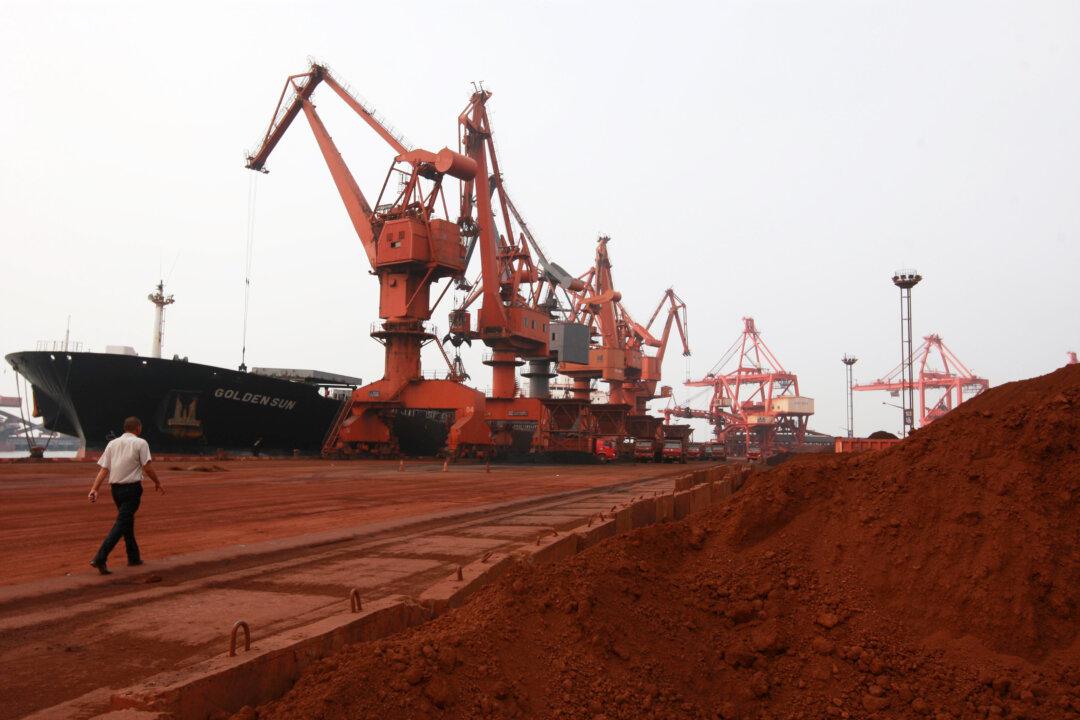Dependence on China for rare earth minerals puts the UK in a vulnerable position because the “entire future” of manufacturing is based on them, a select committee of MPs heard on March 21.
Asked which UK sectors are most vulnerable because of China’s dominance in critical minerals, Jeff Townsend, founder of the Critical Minerals Association, told a Foreign Affairs Committee hearing on critical minerals that the resources affect all key industries such as electric vehicles, space, technology, advanced robotics, and weaponry.





